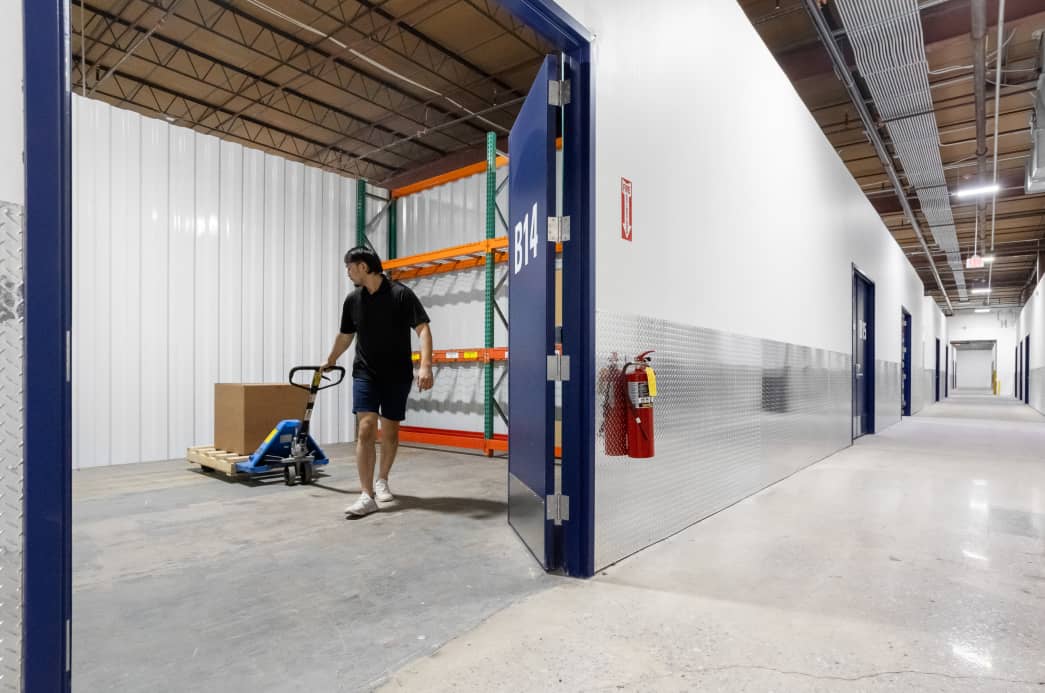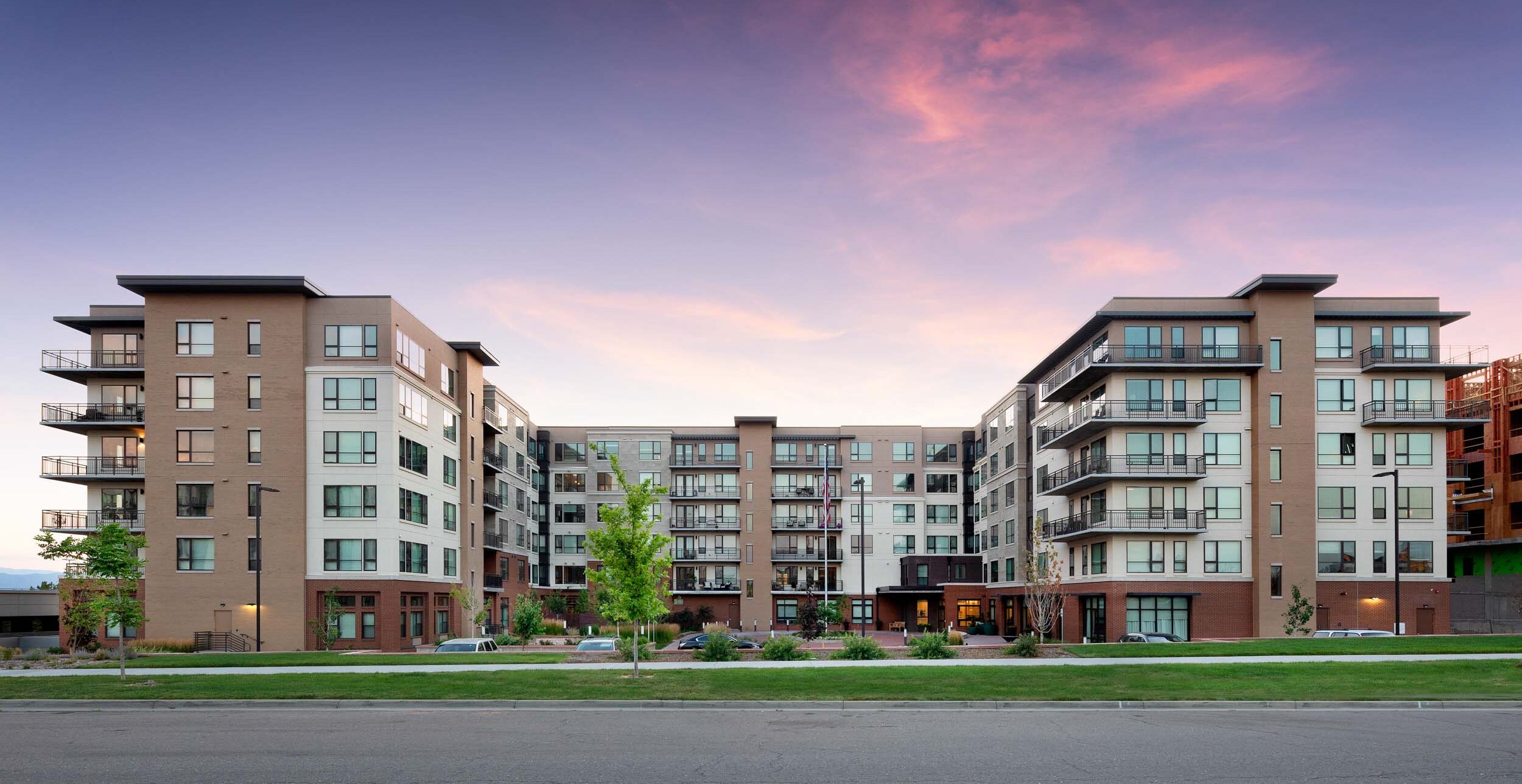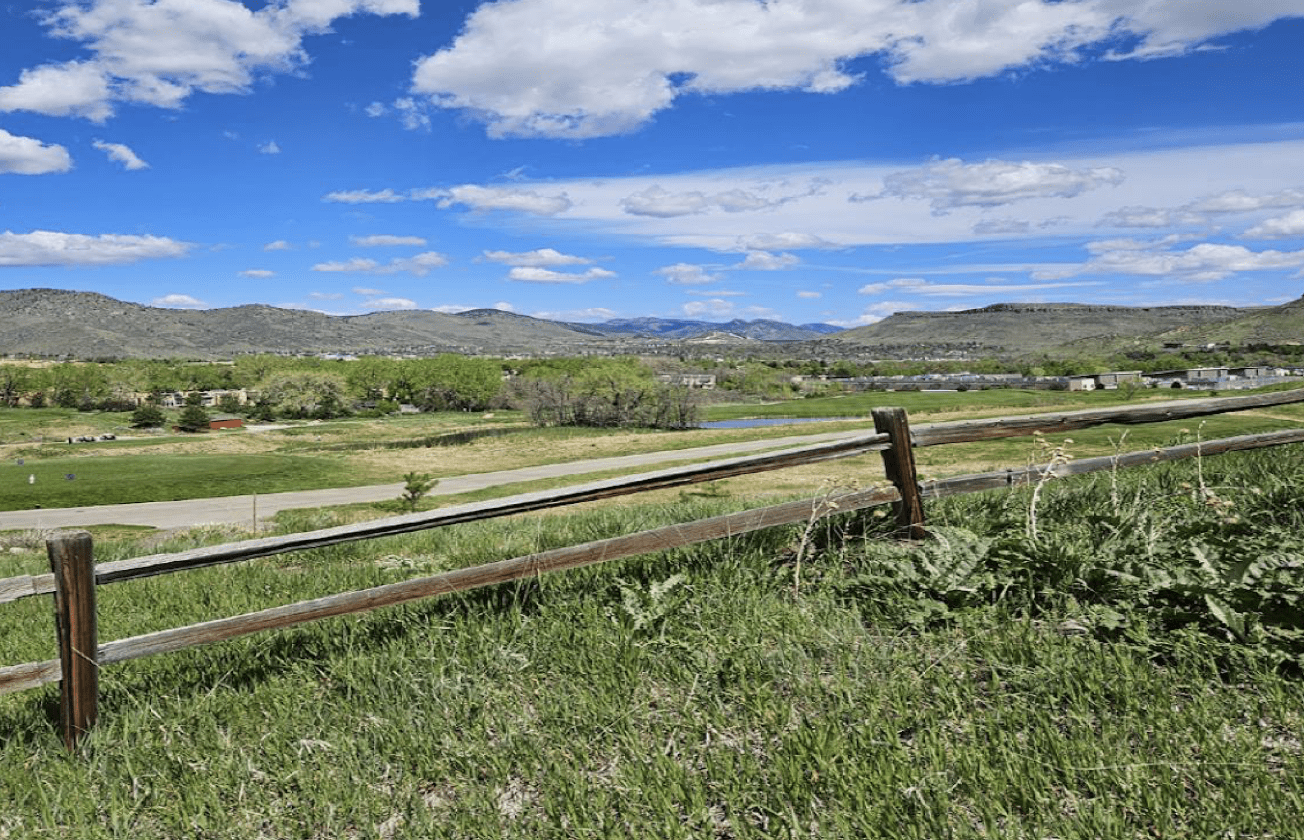By Eric Golman, chief marketing officer, WareSpace

Drive through any Denver neighborhood and you’ll see the signs: “Coming Soon” banners on new apartment complexes, cranes building the next tech campus, and massive distribution centers sprouting on the outskirts of town. Colorado’s economy is booming, and commercial real estate is riding the wave.
But there’s a story that’s not making headlines, and it’s happening in garages, storage units, and spare bedrooms across the Front Range.
Colorado’s 715,000+ small businesses are hitting a wall that has nothing to do with access to capital, tariffs, supply chain issues, or finding good employees. It’s space—specifically, the complete lack of right-sized warehouse space that fits their operations and budgets.
The Missing Middle
While industrial developers chase billion-dollar distribution centers for Amazon and Target, small businesses face an impossible choice: cram operations into inadequate space or sign a lease for 50,000 square feet they can’t fill or afford.
The numbers tell the story. In Q1 2025, occupancy in buildings smaller than 50,000 sq ft had fallen about 0.3% in the last 12 months. However, the vacancy rate remained under 4% and near pre-COVID record levels, due to low levels of new development in this size range.
This isn’t just a Denver problem. From Boulder’s tech startups to Colorado Springs’ defense contractors to Grand Junction’s outdoor gear companies, small businesses across the state are being forced to operate from locations that limit their growth potential.
Real Businesses, Real Problems
The stories are consistent across Colorado’s small business community. Outdoor gear companies that grew during the pandemic but can’t find space for increased inventory. E-commerce operations running six-figure businesses from converted garages without loading dock access. Custom manufacturers turning down orders because they’ve outgrown their current space but can’t afford traditional industrial leases.
These businesses represent a significant portion of Colorado’s economy, from cannabis companies in Denver to aerospace startups in Boulder to outdoor recreation innovators across the Front Range. They need more than storage. They need professional infrastructure that supports growth.
The Economic Ripple Effect
This infrastructure gap isn’t just inconvenient…it’s anti-growth. Small businesses account for 99.5% of Colorado businesses and employ over 1 million people statewide. When they can’t scale efficiently, it affects job creation, tax revenue, and community development.
Local economic development officials are starting to notice.
“We’re seeing businesses relocate to states with better small industrial infrastructure,” says Jennifer Walsh, economic development director for a Denver suburb. “It’s a competitive disadvantage we can’t ignore.”
The problem extends beyond storage. Small businesses need loading docks for efficient shipping, climate control for inventory protection, security for valuable products, and professional space for meeting customers. Traditional self-storage doesn’t offer these basics, and conventional industrial real estate prices them out.
A New Model Emerges
The solution isn’t more massive warehouses. It’s rethinking how industrial space gets developed and operated. That’s why WareSpace exists—to bridge the gap between self-storage and traditional warehouse leasing.
Our co-warehousing model provides private units from 200 to 2,000+ square feet with shared access to loading docks, industrial equipment, conference rooms, and WiFi. Think coworking, but for industrial.
- All-inclusive pricing means no surprise CAM fees or maintenance charges.
- Flexible lease terms mean businesses can grow or shrink space as needed.
We’ve seen the impact firsthand. At our locations nationwide, 85% of tenants report increased revenue within six months of moving in. When entrepreneurs stop spending time managing logistics hassles and start focusing on growing their businesses, results follow.
Looking Forward
Colorado’s small business community deserves infrastructure that matches their ambition. This means zoning policies that encourage small-bay industrial development, incentives for developers to include smaller units in their projects, and recognition that economic development isn’t just about landing the next corporate headquarters.
The state’s entrepreneurial energy is undeniable, from cannabis companies to aerospace startups to outdoor recreation innovators. But energy without infrastructure is just potential energy. To convert it into economic momentum, we need to give these businesses room to grow.
The future of Colorado’s economy isn’t just in the massive distribution centers visible from I-25. It’s in the thousands of small businesses that could scale if they had the right space to do it. It’s time our real estate infrastructure caught up with our entrepreneurial reality.
Eric Golman is chief marketing officer at WareSpace, a national real estate firm specializing in the development of co-warehousing and small-bay industrial. WareSpace creatively adapts & reconfigures dated industrial and challenged properties into thriving hubs that support the surrounding small business community. Eric is also the author of Filling Spaces, a newsletter that helps CRE marketers become better marketers. Contact: Eric Golman, chief marketing officer, WareSpace, egolman@warespace.com








